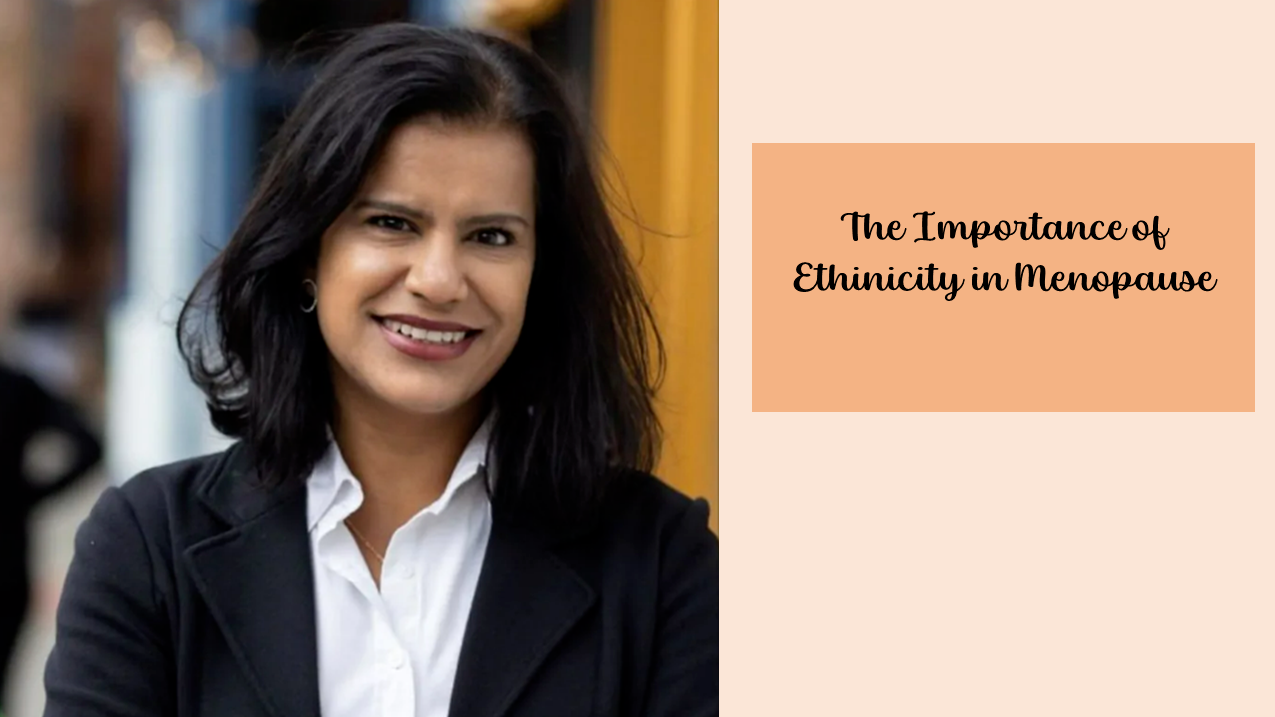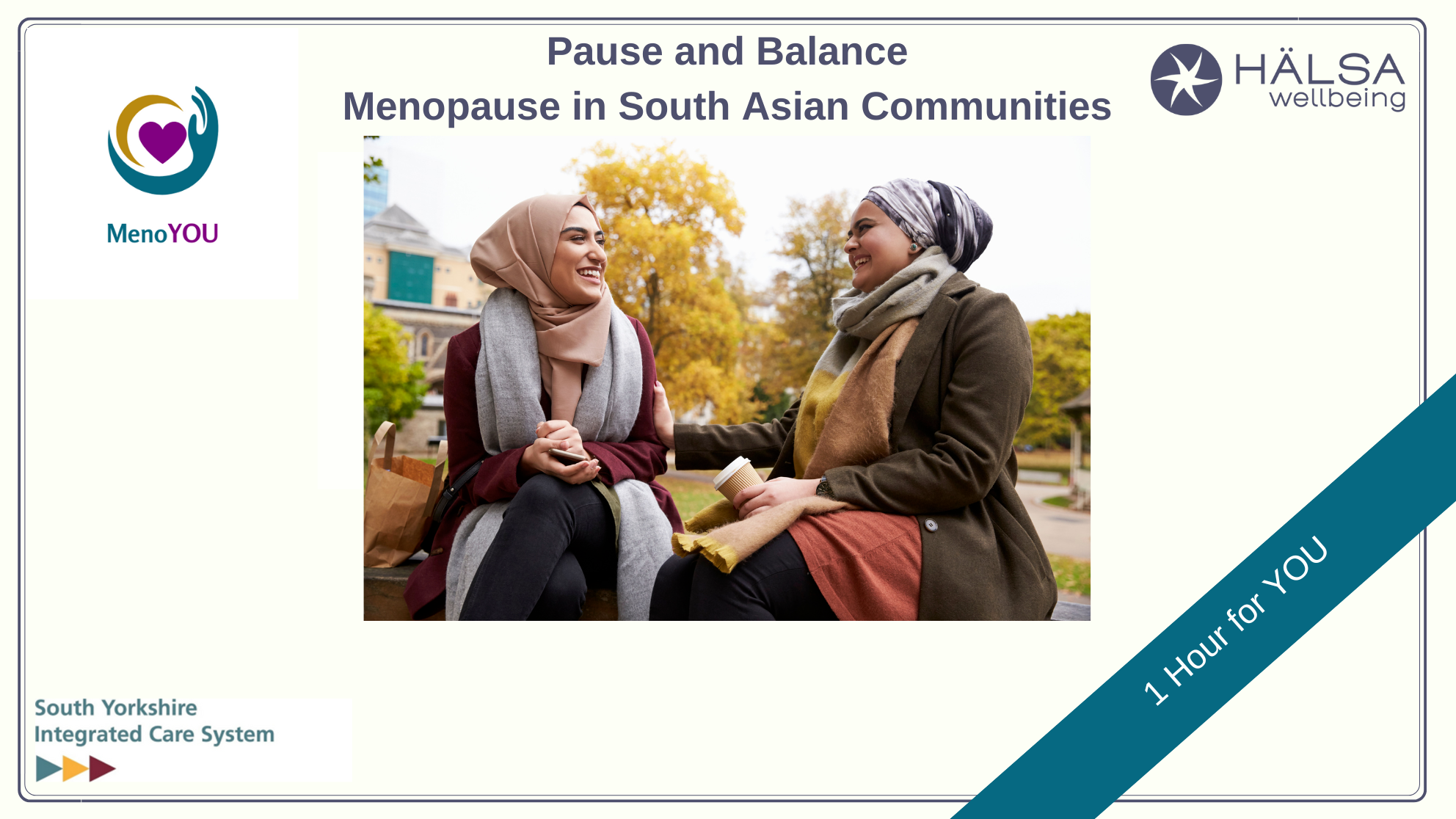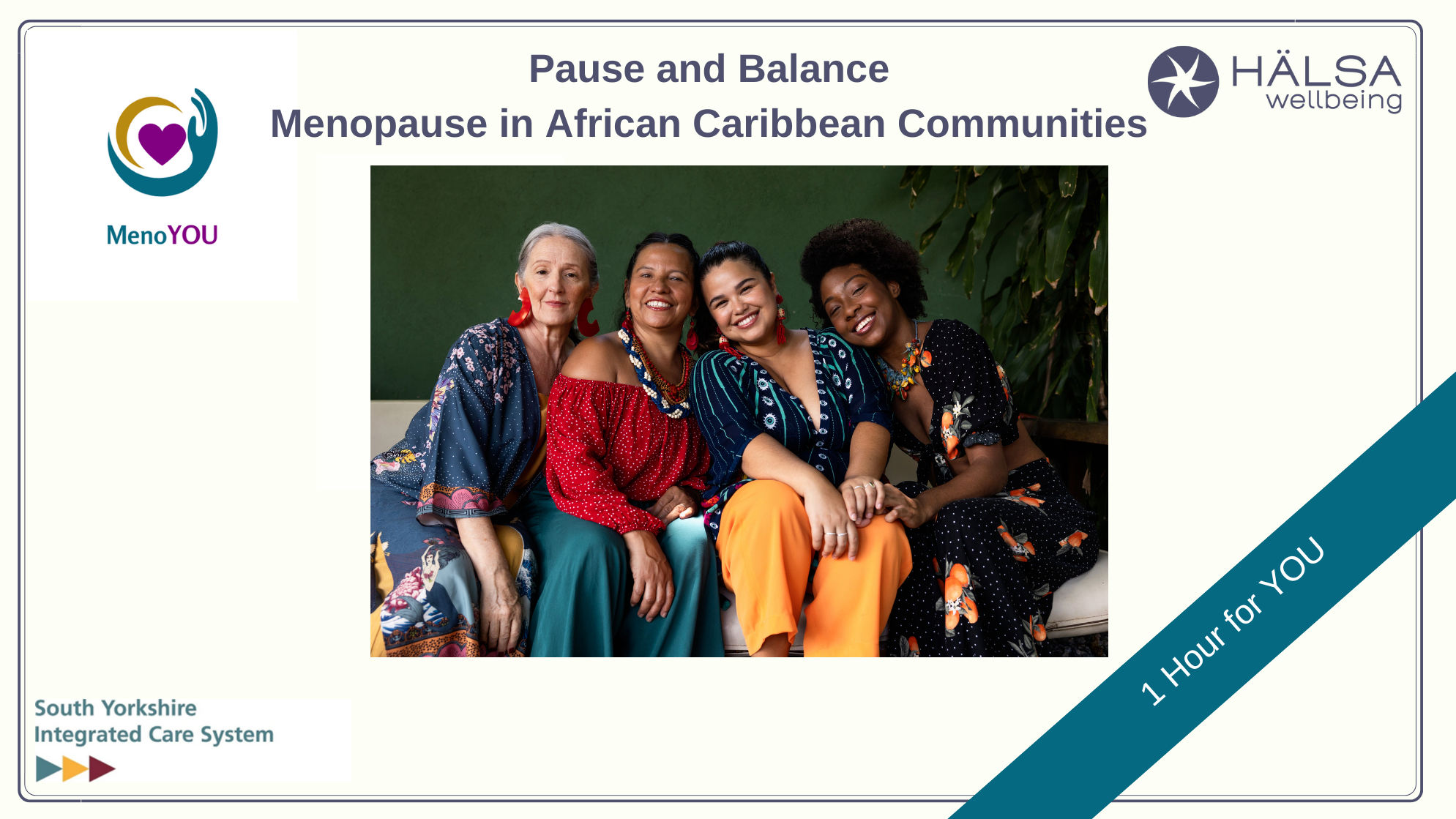Cultural differences in Menopause By Dr Radhika Vohra GP and Menopause Specialist
Many cultures perceive this as a relief and wave goodbye to menstruation. However, the menopause does not pass silently, and most women will have short-term and long-term consequences.
The short-term are commonly: hot flushes, night sweats, tiredness, body aches, anxiety and palpitations. In total the menopause has over 50 recorded symptoms. What has been noticed is different ethnic backgrounds display symptoms to a different extent and this can make recognising menopause more challenging for the women themselves and for the medical practitioners that look after them. Not only this, oestrogen balance is dependent on diet, lifestyle and medical history and for many women the disruption of perimenopause can be disastrous limiting personal life, work and social interactions.
For example, woman from South Asia, whose diet maybe more plant based, tend to suffer from fewer hot flushes, night sweats and skin changes from lack of oestrogen. However, they commonly have more body aches, palpitations and urinary symptoms from the change in oestrogen, progesterone and testosterone. This often leads to menopause and HRT being considered much later as a cause and sometimes over investigation or reluctance to treatment. Recognising cultural variations is really important in this ethnic group of women as they carry significant long term risks from menopause.
There is now convincing evidence to show that a woman’s risk of diabetes, osteoporosis, heart disease and dementia increases during perimenopause and after menopause. South Asian women already have a higher risk of these diseases due to genetic and lifestyle tendencies. Therefore, the early explanation of menopause symptoms, reassurance and treatment with HRT is even more important for South Asian women. It is really important that women can feel more empowered to understand the massive impact menopause will have on their life so they can increase not only their lifespan but also their quality of life.

The Importance of Ethnicity in Menopause
By Dr Radhika Vohra
The average age of menopause in the UK is 51, in women of colour it is earlier. The overall impact on physical and mental health starts during perimenopause and can continue for years. Evidence shows there are health inequalities that face women of colour disproportionately. These span from poor awareness, to lack of education and evidence of failure to provide treatment. We know women from lower socioeconomic groups (which have higher BAME population) are around 30% less likely to be prescribed HRT than those from more affluent areas and in this session we explore why this may be using the evidence we have.
The session included case studies, explanation and completes with signposts to information sources and management tips. It aimed to arouse clinical curiosity on the topic and support you to treat patients.
Dr Radhika Vohra qualified in 2001 from the University of Birmingham Medical School and works as a NHS & Private GP in Surrey. Whilst enjoying all challenges of primary care; her special interest is Women’s Health, Menopause and Education. She is a FSRH Registered Trainer, Speaker, NHS Appraiser and Medical Trustee to The Menopause Charity. Dr Vohra believes understanding the medical challenges women face is crucial to provide quality care in general practice.
Pause and Balance - MenoYOU: Menopause in South Asian Communities Webinar
This webinar explored the hormonal and biological differences in people from South Asian communities, as well as some of the perceptions and attitudes around menopause within the South Asian Communities.


Pause and Balance - MenoYOU: Menopause in African Caribbean Communities
This session was specifically geared towards people from the African Caribbean Community. This session explored the hormonal and biological differences as well as some of the perceptions and attitudes around Menopause within this Community.

